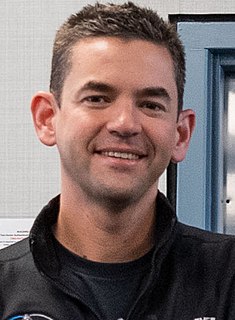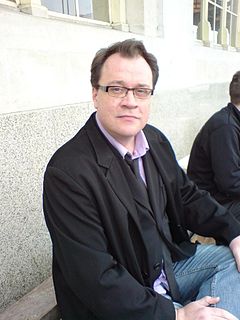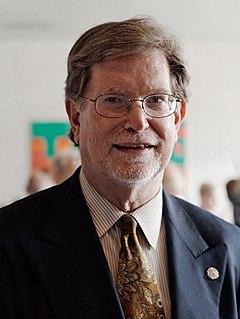A Quote by Jared Isaacman
Using the bathroom in space is hard, and you've got to be very - what was the word? - very kind to one another.
Related Quotes
One asana is strong, then again another is very soft and gentle. So you have this modulation from one asana to another, just as you have from one feeling to another. Then they all, of course, make you lighter, give you space. I feel that space is what I get and receive and like to have - space inside which makes more space for openness outside.
It was very definitely architectural. I was using the words on the page as some kind of equivalent of a physical model. But I never thought at that point that I wanted to move toward architecture. I wanted to move toward real space. Sure, that's probably another way of saying, I want to move toward architecture. But I didn't define real space in terms of architecture, then.
In 1948, I began coaching basketball at UCLA. Each hour of practice we worked very hard. Each day we worked very hard. Each week we worked very hard. Each season we worked very hard. Four fourteen years we worked very hard and didn't win a national championship. However, a national championship was won in the fifteenth year. Another in the sixteenth. And eight more in the following ten years.
Criticism is hard for me but people find hard to believe because they think I'm very tough, very strident, that I tell everybody where to get off, and how. But I've actually got a really thin skin. I don't know. It's quite pathetic. So, yeah, it's hard for me to take criticism. But I also kind of have this sense of humor on overdrive, so I don't take any of it seriously. So that sort of saves me, the fact that I think it's just all kind of funny.
I'm very pessimistic about adaptations from one medium to another. I've got a very kind of primitive, Puritan view of it. I tend to think that if something was derived for one medium, then there's no real immediate reason to think that it's necessarily going to be as good or better if adapted into another one. There have been very good stage plays that have made some very good films. But there are not so many differences between the theater and the cinema as there are between the cinema and, say, reading a book or reading a comic.
What happens when you speak colloquial Hebrew is you switch between registers all the time. So in a typical sentence, three words are biblical, one word is Russian, and one word is Yiddish. This kind of connection between very high language and very low language is very natural, people use it all the time.



































